What Is A Second Charge Loan?
So, you’re considering a second charge mortgage. It’s a hot topic among homeowners these days, and it’s a way to borrow money while keeping your current mortgage in place. The catch is that you’ll need to use your home as collateral, just like when you first got your mortgage.
Now, it’s important to understand that there’s always a risk involved with any loan. If you can’t repay the loan, the lender may take possession of your property to recover their losses. This is worst-case scenario stuff, but it’s something to keep in mind when you’re making your decision.
Before you take the plunge, take a good hard look at your finances. Can you afford the payments not just for now, but for the entire term of the loan? Don’t get blinded by any introductory period that may have a lower interest rate.
Take a step back and look at the big picture. Make sure that a second charge mortgage is the right choice for you and your home.
What Is Second Charge Example? How Does A Second Charge Mortgage Work?
A second charge loan allows you to borrow money while keeping your primary mortgage in place. Essentially, it’s an “upgrade” to your mortgage that gives you additional funds to use as you see fit.
However, it’s important to keep in mind that, like your primary mortgage, you’ll need to pay off both loans if you sell your property.
Think of it like this – your primary mortgage is like flying first class, while the second charge loan is an upgrade to business class. You still have your first-class ticket, but with the upgrade, you get some extra perks. Just like with your ticket, though, you’ll need to pay off both your primary mortgage and the upgrade (the second charge loan) if you sell your property.
Before deciding to take out a second charge loan, it’s crucial to carefully consider your financial situation. Look at your budget and make sure you can afford the payments not just now, but for the full term of the loan.
If you’re unsure, it’s always a good idea to seek advice from a financial advisor or trusted lender to help you make the best decision for you and your home.
Does second charge affect mortgage?
One of the most significant impacts is on interest rates. Second charge mortgages typically come with higher interest rates than first charge mortgages, meaning you’ll end up paying more interest on your second mortgage than on your first.
Why are interest rates higher? Well, in the unfortunate event if your home is repossessed and sold, the first-charge lender gets paid back first, leaving less money to pay off the second-charge mortgage.
This puts the second-charge lender at greater risk, and they charge a higher interest rate to compensate for that risk. Second-mortgage rates may still be lower than other forms of unsecured credit, like personal loans.
Can a lender refuse a second charge?
When it comes to taking out a second charge on your property, it’s important to remember that your mortgage lender is the gatekeeper to your financial future. While it might seem frustrating that they have the power to refuse a second charge, it’s important to understand that they’re not doing it to be difficult.
In fact, mortgage lenders have a duty to protect their investment – your property – and their decision to approve or reject a second charge is ultimately based on the potential risks to both you and them.
Think of it like a game of chess. Your mortgage lender is the king, and your property is the castle. By allowing a second charge to be registered against their security, they’re essentially giving up some of their power and control over the board.
They need to be confident that any moves they make won’t leave them vulnerable to losing their kingdom (i.e., your property).
So, while it may feel like you’re hitting a brick wall when your mortgage lender refuses to allow a second charge, it’s important to remember that they’re simply trying to protect their interests – and yours – in the long run.
Can I Get A Second Mortgage?
As a homeowner, you have a secret weapon at your disposal: your home’s equity. And if you have enough equity and meet certain lending criteria, you may be able to tap into that equity and get a second mortgage.
Think of it like a hidden treasure chest that’s been sitting right under your nose this whole time. With a second mortgage, you can unlock some of that treasure and use it to achieve your financial goals – whether that’s consolidating debt, making home improvements, or investing in your future.
Of course, getting a second mortgage isn’t something you should rush into. It’s important to do your research, compare different lenders and rates, and make sure that you understand the terms and conditions of the loan. And most importantly, make sure that you can afford the monthly payments and that taking on additional debt is the right move for you.
But if you take the time to make an informed decision and choose a reputable lender, a second mortgage can be a powerful tool to help you take control of your finances and reach your dreams. So don’t be afraid to explore your options and see what a second mortgage can do for you!
Are Second Charge Mortgages Regulated?
If you’re considering a second charge mortgage, you might be wondering if they’re regulated and safe to use. The answer is a resounding yes!
In fact, second charge mortgages are regulated by the Financial Conduct Authority (FCA) and are subject to the same rules and regulations as first charge mortgages. That means you can rest assured that you’re protected and that the lender you’re working with is following industry best practices.
So while second charge mortgages may seem a little less conventional than first charge mortgages, they’re actually a safe and regulated option for homeowners who need access to extra cash.







